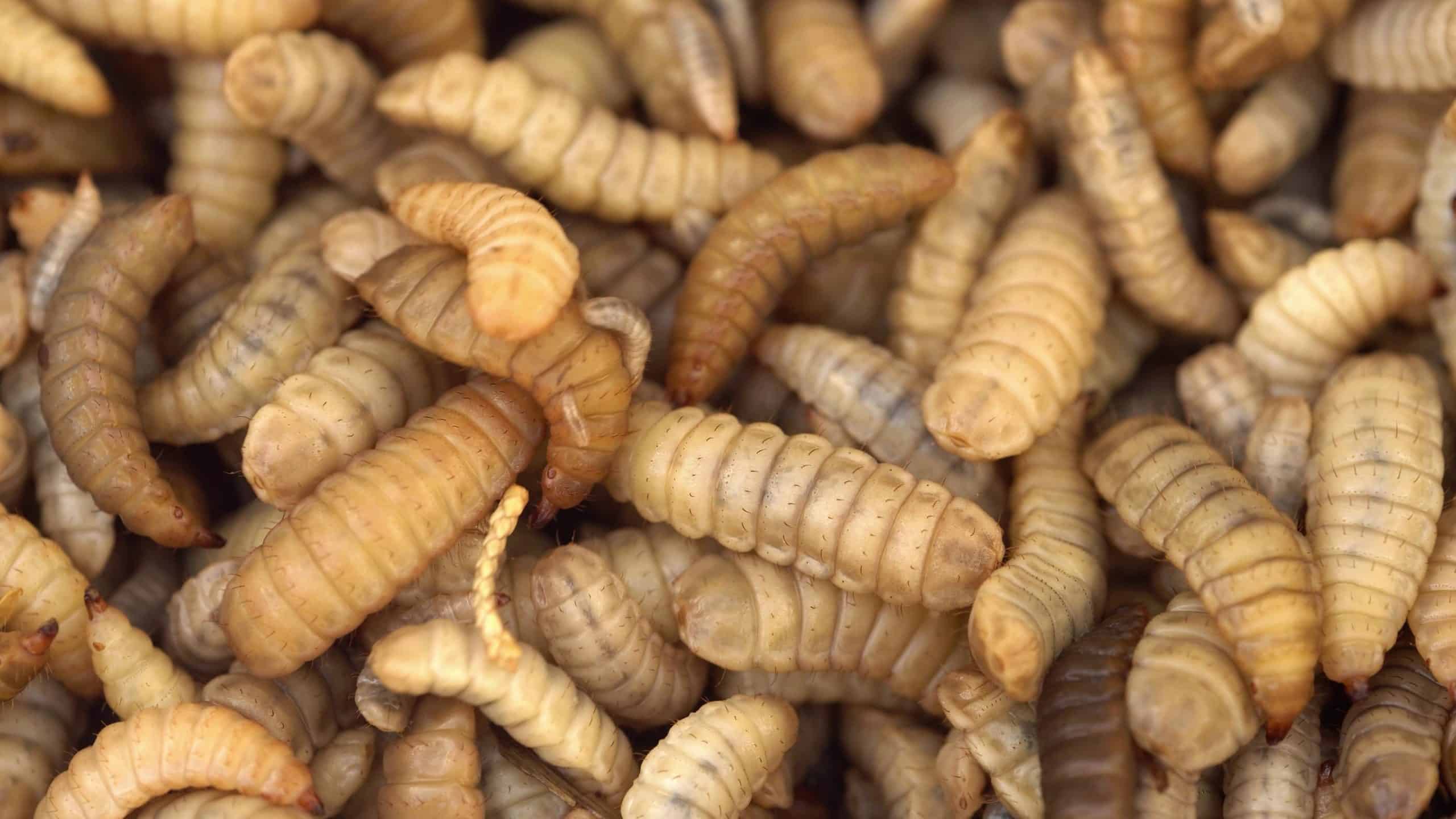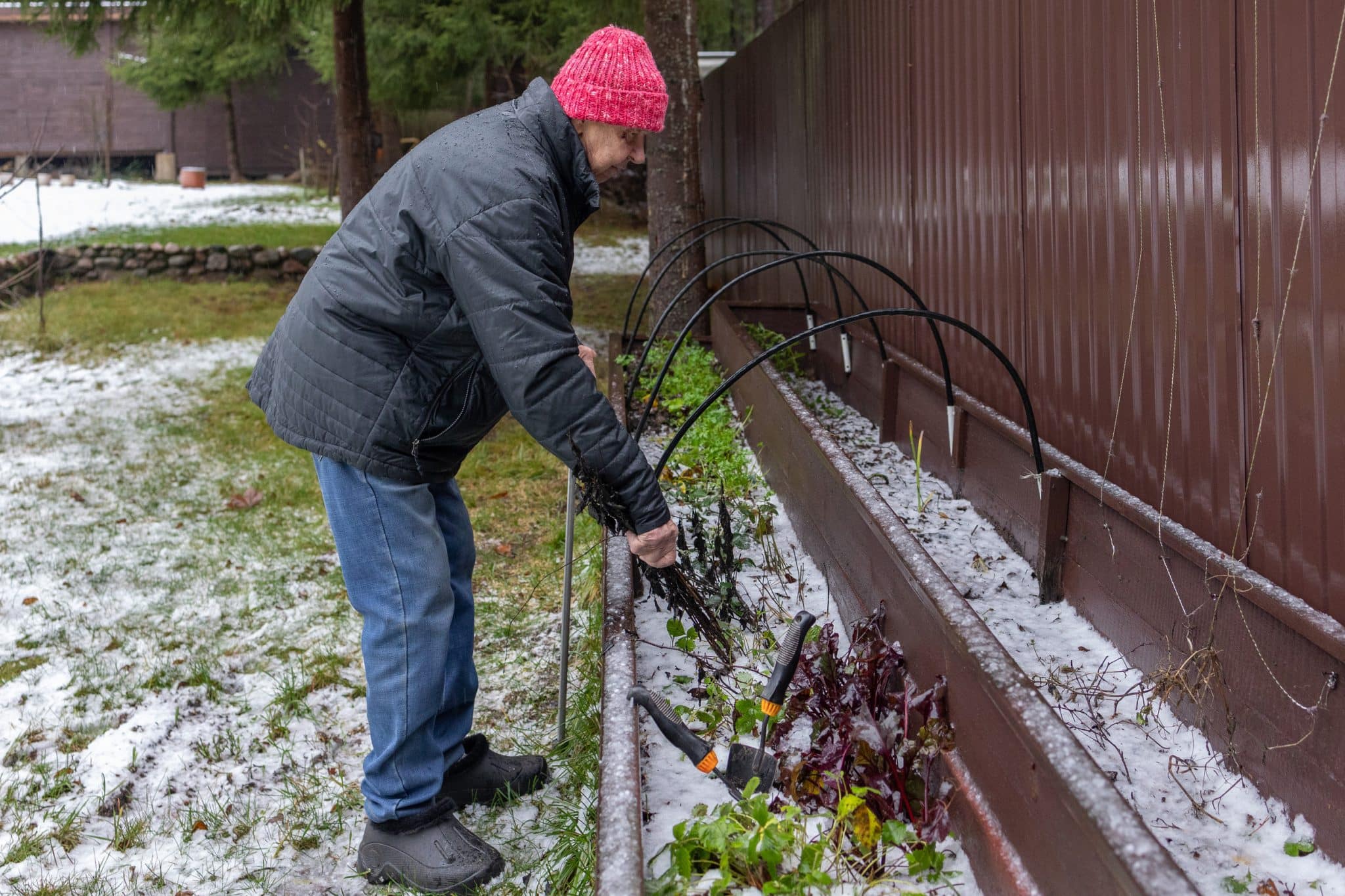Image Credit: fevziie/123rf.com
In an innovative approach to sustainable agriculture, black soldier fly larvae (BSFL) are emerging as a powerful tool in combating food waste and soil degradation. Known for their voracious appetite, these larvae can consume a wide variety of organic materials, transforming discarded food scraps into a nutrient-rich fertilizer called frass at a remarkable speed—four times faster than traditional composting methods.
Recognizing the potential of BSFL, the U.S. Department of Agriculture (USDA) announced funding for three projects in May 2024 aimed at leveraging the capabilities of these insects. Among the recipients is Chapul Farms, an Oregon-based company dedicated to reducing food waste, enhancing soil health, and producing high-quality animal feed through insect-based agriculture.
With over one-third of the world’s soil already degraded, frass presents a natural alternative to chemical fertilizers. While it offers numerous environmental benefits, its adoption has been limited due to regulatory challenges. Currently, the U.S. National Organic Program does not recognize insects as a valid input for organic farming, hindering broader use of frass despite its advantages.
BSFL are particularly effective in waste processing, capable of breaking down organic matter in just days, compared to the months required for composting. This rapid conversion process creates a closed-loop system that not only mitigates food waste but also replenishes essential nutrients in depleted soils. The integration of frass into agricultural practices is known to enhance biodiversity and improve water retention, contributing to healthier ecosystems.
Chapul Farms is actively collaborating with local vineyards and farms, exchanging food waste for frass and establishing a circular agricultural economy. The economic implications are significant, particularly as fertilizer prices have surged, prompting a renewed interest in domestic production solutions.
The global frass market, valued at $96 million in 2023, is expected to grow as awareness of its benefits spreads. While the protein production from BSFL has gained substantial attention, the potential of frass as a sustainable fertilizer is still largely untapped.
As the agricultural sector faces mounting pressures from food waste and soil degradation, black soldier fly larvae may represent a transformative solution. Continued research and evolving regulations could pave the way for frass to become a mainstream alternative, supporting a more resilient and sustainable agricultural future.
Check out the original article here: Source link



